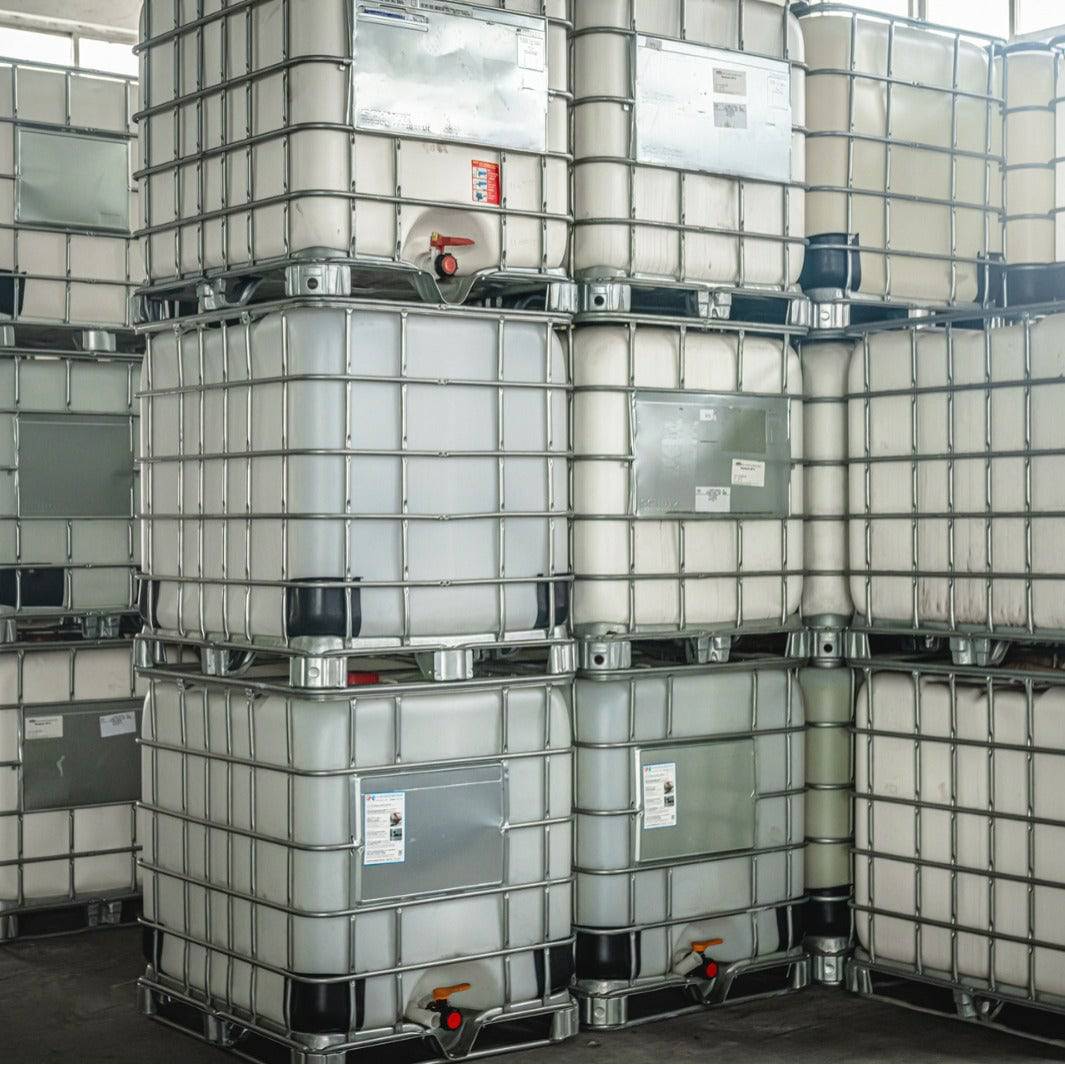The Only Guide to Chemie
Table of ContentsMore About ChemieThe 45-Second Trick For ChemieMore About Chemie7 Easy Facts About Chemie ShownChemie Things To Know Before You Buy10 Easy Facts About Chemie Shown
(https://www.ted.com/profiles/48599309)Measured modification in electrical conductivity of liquid samples as a feature of time when mixed with the resin example in the closed indirect air conditioning loop experiment. Number 6 shows the adjustment in the gauged electrical conductivity of the liquid samples when mixed with the resin example. The conductivity of the water sample from the closed loophole experiment minimized by roughly 70% from 11.77 S/cm to 3.32 S/cm in 6 hours.These results indicated that the ability of the resin depends upon the examination liquid used for the experiment. This reveals that various ions present in the fluid will certainly lead to various ion exchange capacity of the fluid. For that reason, determining the ion exchange resin ability with the fluid sample from the actual air conditioning loop is vital.
Chemie Things To Know Before You Get This
Consequently, an ion exchange material cartridge containing 20g of Dowex blended bed material might tackle order 938 days to fill. To put it simply, to maintain a reduced electric conductivity, a material cartridge with the measurement and weight spec as that of the material cartridge made use of in the experiment, require to be altered every 30 months for the cooling system that was made use of in the experiment
The air conditioning of electronic components has actually become a major obstacle in current times because of the developments in the design of faster and smaller elements. Consequently, different cooling innovations have been developed to successfully eliminate the heat from these components [1, 2] Making use of a fluid coolant has ended up being attractive due to the greater warmth transfer coefficient accomplished as compared to air-cooling.
Rumored Buzz on Chemie
A solitary phase air conditioning loop is composed of a pump, a warmth exchanger (cool plate/mini- or micro-channels), and a heat sink (radiator with a fan or a liquid-to-liquid heat exchanger with chilled water air conditioning). The warm source in the electronic devices system is affixed to the heat exchanger.
The needs may differ depending upon the sort of application. Complying with is a checklist of some general needs: Excellent thermo-physical buildings (high thermal conductivity and certain warmth; low thickness; high latent heat of evaporation for two-phase application) Low freezing factor and ruptured point (often burst protection at -40 C or lower is required for delivery and/or storage purposes) High atmospheric boiling point (or reduced vapor stress at the operating temperature level) for solitary phase system; a narrow wanted boiling factor for a two-phase system Good chemical and thermal stability for the life of the electronics system High flash point and auto-ignition temperature level (in some cases non-combustibility is a demand) Non-corrosive to materials of building (metals as well as polymers and other non-metals) No or minimal governing restraints (eco-friendly, harmless, and possibly biodegradable) Cost-effective The very best electronic devices coolant is an affordable and harmless liquid with outstanding thermo-physical residential properties and a long life span.
The Buzz on Chemie
A lot of these fluids have a non-discernible smell and are safe in case of contact with skin or ingestion. As stated previously, aliphatic PAO-based liquids have replaced the silicate-ester liquids in a variety of army electronic devices (and avionics) cooling applications in the last years. Another course of popular coolant chemistry is dimethyl- and methyl phenyl-poly (siloxane) or frequently referred to as silicone oil.
Of all, these fluids are non-combustible and non-toxic. Some fluorinated compounds have no ozone diminishing prospective and other environmental residential or commercial properties.
Ethylene glycol is anemic and virtually unsmelling and is completely miscible with water. When correctly prevented, it has a fairly reduced corrosivity. Nevertheless, this coolant is categorized as harmful and need to be dealt with and gotten rid of with treatment. The high quality of water utilized for the prep work of go to this site a glycol solution is really crucial for the system.
How Chemie can Save You Time, Stress, and Money.

This is a reduced cost antifreeze remedy, locating usage in refrigeration solutions and ground source heat pumps - high temperature thermal fluid. This liquid can be used down to -40 C owing to its relatively high rate of warm transfer in this temperature range.
It is considered even more damaging than ethylene glycol and consequently has actually discovered usage only for process applications located outdoors. Methanol is a combustible fluid and, as such, presents a potential fire hazard where it is saved, dealt with, or used.
The Ultimate Guide To Chemie
As a flammable fluid, it calls for specific precautions for managing and storage. Liquid services of calcium chloride locate wide use as circulating coolants in food plants. It is non-flammable, safe and thermally much more efficient than the glycol solutions. A 29% (by wt.) calcium chloride option has a cold factor listed below -40 C.
